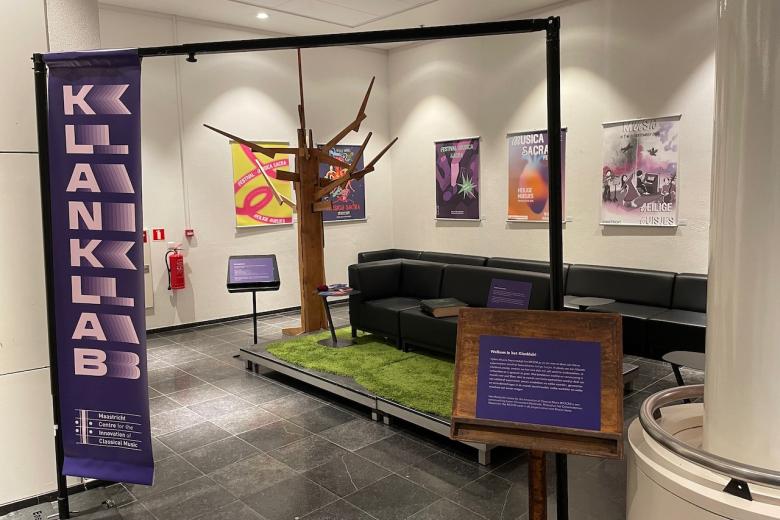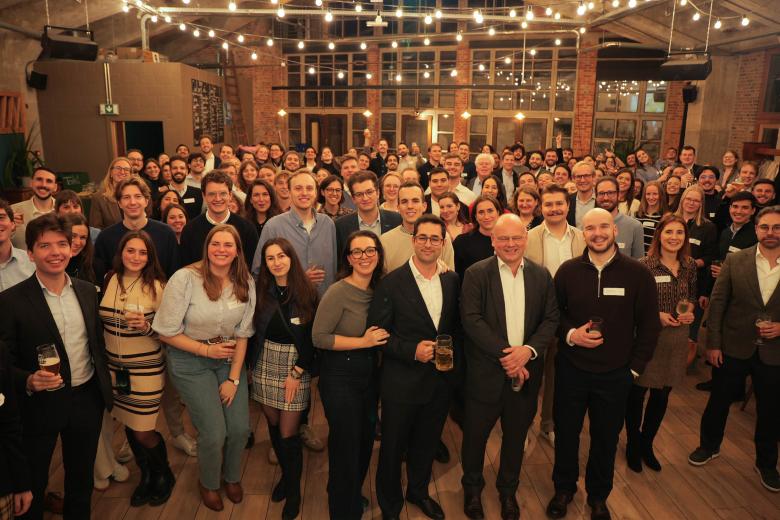YUFE Ideas Lab concludes in Madrid
The Young Universities for the Future of Europe (YUFE) Alliance has successfully concluded its YUFE Ideas Lab, a six-month international incubation programme designed to foster innovation and entrepreneurship among students. The comprehensive hybrid programme, which ran from January to June 2025, culminated in an intensive five-day onsite event in Madrid from 2 June to 6 June, hosted by the Universidad Carlos III de Madrid (UC3M).
The programme brought together a diverse cohort of 26 undergraduate, Master’s, and PhD students from across the YUFE Alliance, with 40% female participation. Participants included 21 students from partner universities: University of Eastern Finland, University of Cyprus, Sorbonne Nouvelle University, University of Rijeka, Maastricht University, and University of Bremen, and 5 students from the host institution, UC3M. They developed innovative projects in critical sectors, including health, sustainability, and AI.
A foundation of online learning
Before arriving in Madrid, the student entrepreneurs engaged in a mandatory five-month online capacity-building phase from January to May. This foundational stage adopted a “learning-by-doing” approach, pairing two-hour training sessions with follow-up mentoring sessions to ensure progress and collaborative feedback. The curriculum covered essential topics including:
- Creativity – Design Thinking
- Business Model Definition
- Communication and Pitching Skills
- Prototype and MVP Development
- Financials
This initial phase was critical for equipping students with a clear project roadmap, allowing them to maximise the value of the final onsite week.
Intensive onsite week: training, networking, and immersion
The final week in Madrid provided an invaluable experience, combining advanced training with unparalleled networking opportunities. The week kicked off at the UC3M Getafe Campus with a welcome from Carolina Marugán, Vice-Rector of Internationalisation at UC3M. Participants immediately dove into workshops on funding strategies, legal frameworks for start-ups, leadership, and pitch refinement led by expert trainers David Hernández, Mónica Casanova, and Nacho Sánchez.
A major highlight of the week was a two-day immersion in the South Summit in Madrid. This gave participants direct exposure to one of Europe’s leading innovation and entrepreneurship events, allowing them to connect with start-ups, investors, and corporations from around the world and gather crucial feedback for their own ventures.
Pitches, prizes, and a promising future
The programme culminated on the final day with a Demo-day event at the UC3M Getafe Campus. Here, students pitched their refined business ideas to an audience, showcasing the significant progress made throughout the programme.
An awards ceremony recognised the most promising ideas presented:
- Social Impact Prize: Earth Guardian (a gamified marketplace for social impact initiatives), by Frederik Frieg (Maastricht University) and Ainhoa Xiomara (UC3M).
- Innovation Prize: Neura Sun (an AI-powered platform for solar panel energy production optimisation), by Alejandro Ausina (UC3M).
- Best Start-up Idea: Oncosense (an early cancer detection system using Machine Learning), by Gaukhar Mukash and Nathaniel Tetteh (University of Eastern Finland).
The YUFE Ideas Lab proved to be a highly effective model for transforming nascent ideas into viable projects. By combining structured online learning with an immersive onsite experience, the programme successfully equipped participants with tangible skills, helped them build a strong international network, and allowed them to validate their ideas within a broader entrepreneurial community. The initiative stands as a testament to the YUFE Alliance’s commitment to strengthening European collaboration and empowering the next generation of innovators.
Also read
-
More than a student job: five alumni about their unique role in groundbreaking vascular research
What is it like to take part in cutting-edge vascular research as a student, standing in the operating room, directly responsible for handling patient material? Five alumni of the Maastricht MAPEX student team share what they learned, the challenges they faced, and how this experience shaped their...

-
SoundLab
On September 19, 2025, the MCICM introduced a new form of interactive audience participation, the Sound Lab.

-
MA European Public Affairs Turns 25 – Alumni Celebrate in Brussels
Maastricht University recently celebrated the 25th anniversary of its European Public Affairs Master’s programme (MA EPA) with a large alumni gathering in Brussels. The event, held on 30 October at Au Bassin, welcomed more than 120 alumni from across 25 graduating cohorts — from the first class in...
